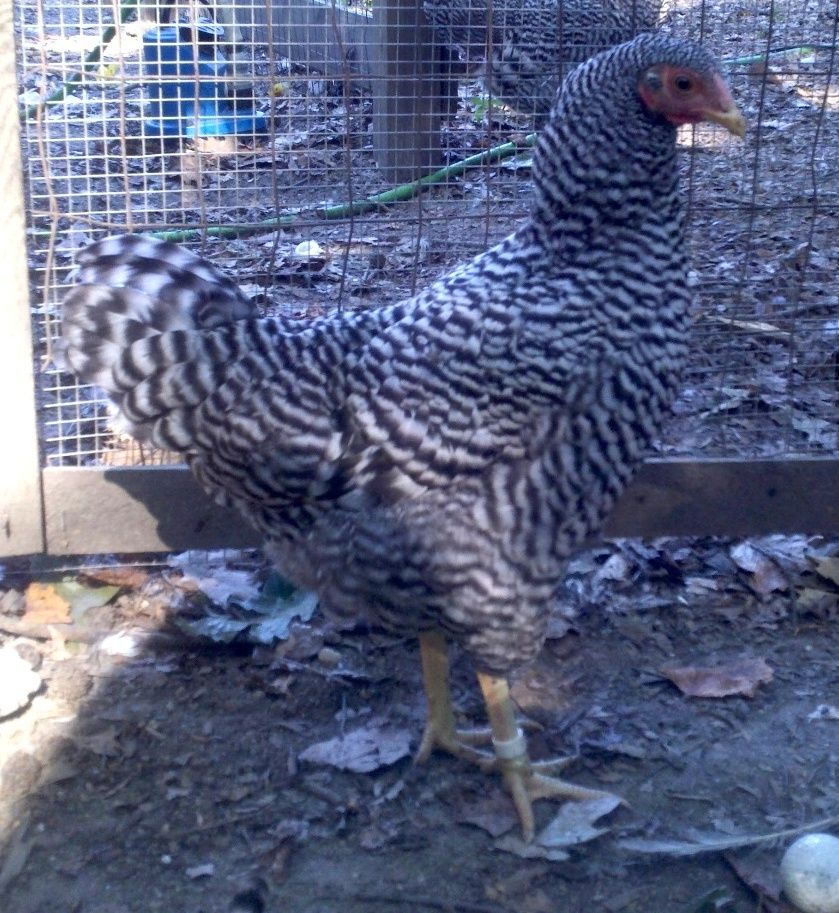The term "dunghill" has meaning that varies with context like so many words in our language.
1) With gamefowl it can can be as Chris indicates, a form of slander / insult or when based on true assessment and indication of breeding not directed by breeder. Gameness may or may not be truelly degraded.
2) With barnyard breeding it could also mean the mixed barnyard flock that is not managed through selection.
3) With barnyard management (which can also apply to games) it can imply chickens get most of their eats from spillage and coprophagy which on most oldtime farms like I grew up on, the chickens where an important mechanism for recycling grains that would otherwise go to rodents and spatzies.
Our best walks were of option 3 which gave the most and best harvestable birds without all the headaches of pen breeding in the cockyard. We did both. It is perfomance under these conditions that so many people look to as measures of free-range performance. Many breeds regarded as good free rangers may have been developed under such conditions. At at this point after so much controlled or dunghill breeding with formulated feeds as mainstay, the free ranging reputation of such breeds is little more than reputation. I am afraid this is the reality of most of our American Dominques existing today.
I expect my American Dominiques to function as part of option 3 in a diversified operation where they will have scratch up most of their own grub and be able to persist without medication. I have some work to do on what is in my hands. They look good for purposes of SOP but must be babied.
1) With gamefowl it can can be as Chris indicates, a form of slander / insult or when based on true assessment and indication of breeding not directed by breeder. Gameness may or may not be truelly degraded.
2) With barnyard breeding it could also mean the mixed barnyard flock that is not managed through selection.
3) With barnyard management (which can also apply to games) it can imply chickens get most of their eats from spillage and coprophagy which on most oldtime farms like I grew up on, the chickens where an important mechanism for recycling grains that would otherwise go to rodents and spatzies.
Our best walks were of option 3 which gave the most and best harvestable birds without all the headaches of pen breeding in the cockyard. We did both. It is perfomance under these conditions that so many people look to as measures of free-range performance. Many breeds regarded as good free rangers may have been developed under such conditions. At at this point after so much controlled or dunghill breeding with formulated feeds as mainstay, the free ranging reputation of such breeds is little more than reputation. I am afraid this is the reality of most of our American Dominques existing today.
I expect my American Dominiques to function as part of option 3 in a diversified operation where they will have scratch up most of their own grub and be able to persist without medication. I have some work to do on what is in my hands. They look good for purposes of SOP but must be babied.






